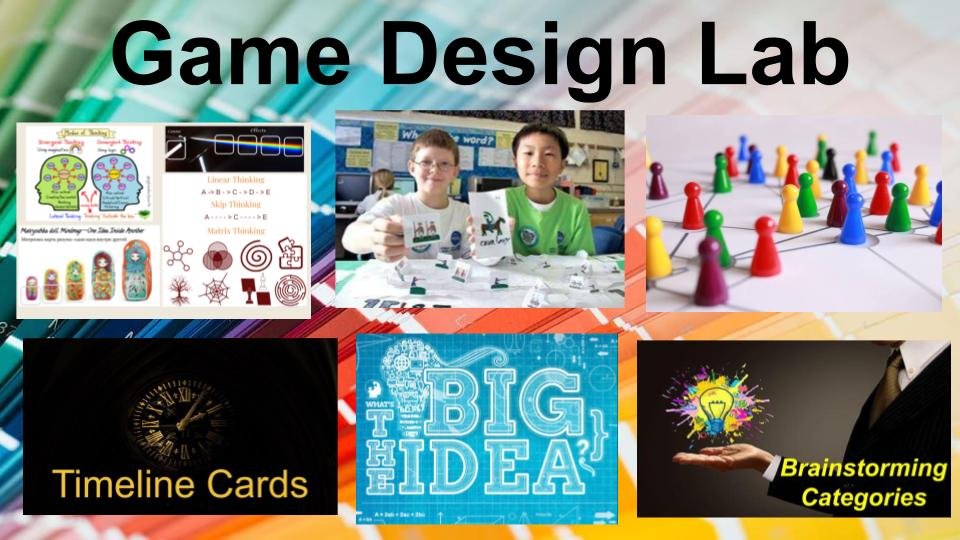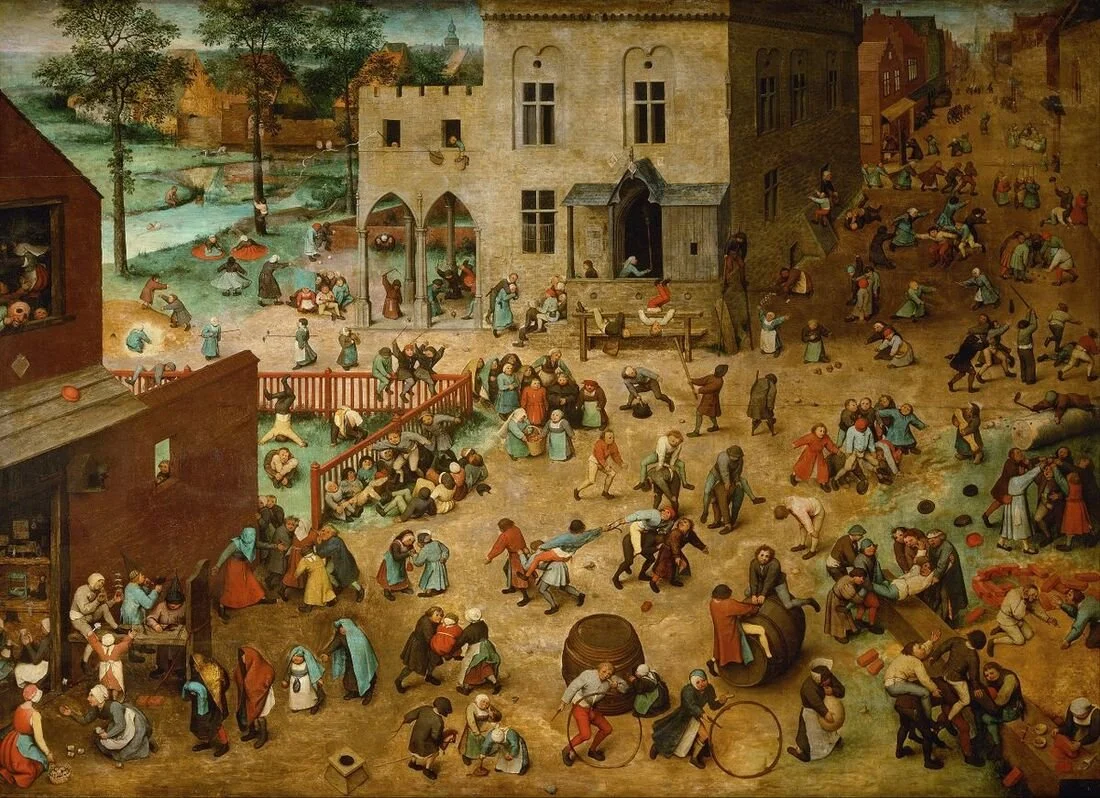Games and play began in pre-history as a way for youngsters to practice life skills.
“Pure skill” games such as tag, hide and seek, archery, darts, or horseshoes, test speed, agility, stealth, strength, and precision. Competitive community skills games (such as capture the flag and many ball sports) where you must not only out-think your opponents but also out-play them by relying on the skills of your teammates.
Later in the archaeological record and early history, games such as Mancala, Checkers, Tic-Tac-Toe, and most card games appear as purely abstract pastimes. The basic principles are based on turn-order, piece-placement, chance, probability, and mathematics that have illuminating parallels in human decision-making in the real world.
In the last decade, there has been a a growing interest in “simulation” games, intended to reproduce, to various levels of accuracy, events in the real world or in a realistically-defined universe. Exploring the cause-and-effect of different decisions is play with a serious purpose--to test skills, equipment, or leadership decisions in a safe environment, or to foster awareness in the players of past, present, or future challenges people may have to face with critical thinking, creativity, and collaboration.
Games by Pieter Bruegel, c1560
Game Storytelling/Worldbuilding --Creative Innovation: Create a plot, setting or theme for your game. Be creative and carry your theme throughout the entire game and packaging. It should be attractive to classmates with similar interests or experiences. They should want to play your game.
Game Design Execution--Construction: Clear, step by step, instructions on how to play the game.
number of players
materials needed
goal of the game
step-by-step example of play or game tutorial
answer key, if needed
Game Concept--Critical Thinking: Your game should reinforce a skill or new knowledge you have learned in an academic unit this school year. The game should carry that topic throughout the play-action. It should help the players form a better understanding of that topic and give them enough confidence to feel they have mastered the knowledge or skill taught by the end of the game.
Kevin Durden can visit your classroom in person or virtually as a guest teacher to introduce a multi-session game project based on a topic of classroom study of your choice;
provide an overview of game mechanics;
coach students in brainstorming ideas, themes, and goals;
guide students through construction, playtesting, and revision; and
equip teachers with templates and checklists to be customized for feedback, assessment, and reflection.
Successful drafts of game projects typically take five-to-eight 45-to-90-minute sessions.


